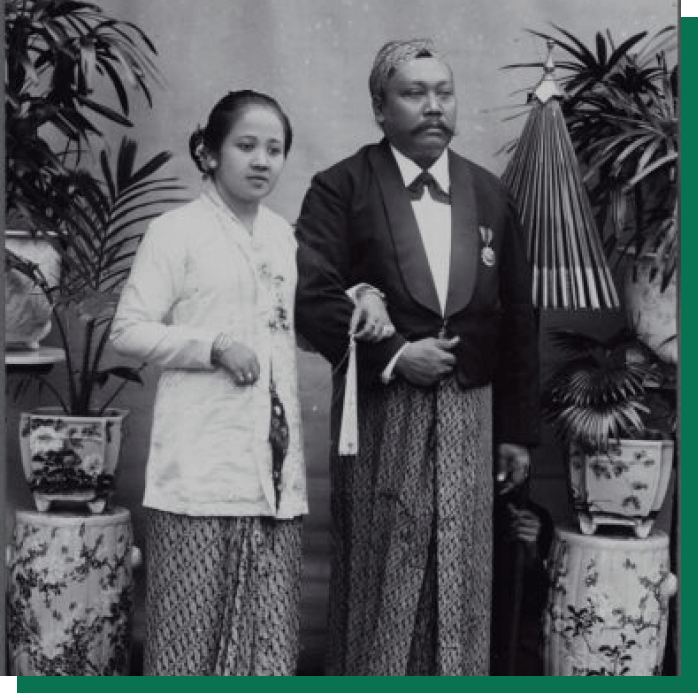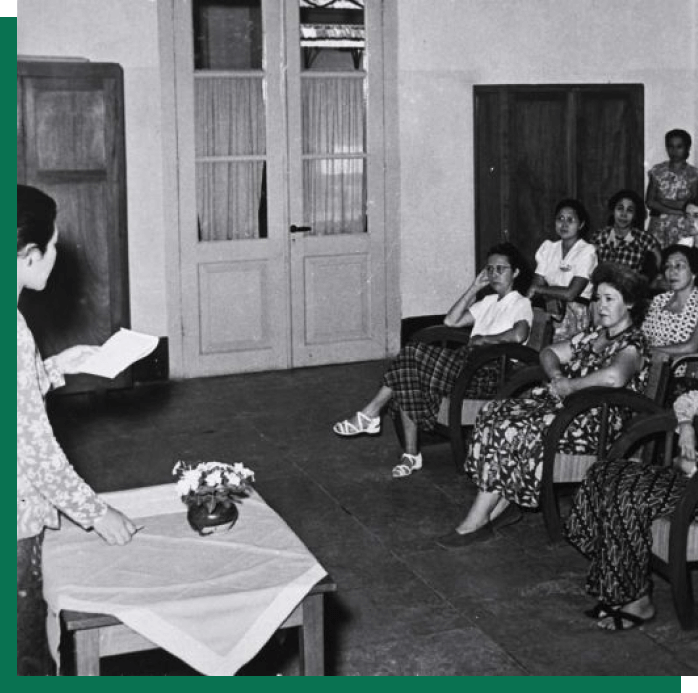Chariot
0
A Visionary Mind
From a young age, Kartini exhibited a fervent desire for knowledge. Educated in Dutch schools, she became fluent in the language and immersed herself in Western literature and feminist thought. Confined by traditional customs that restricted women's freedoms, she turned to correspondence with Dutch friends, articulating her aspirations for women's emancipation and societal reform.


Breaking Barriers
Kartini's letters, later compiled in the book "Door Duisternis tot Licht" ("Through Darkness into Light"), reveal her critical perspective on the limitations imposed on women and her vision for an inclusive society. She challenged the practice of polygamy and advocated for women's right to education and self-determination.


